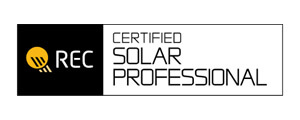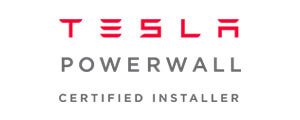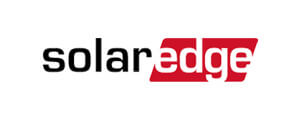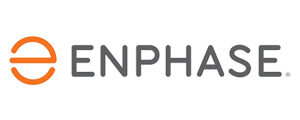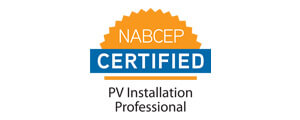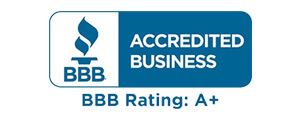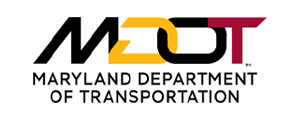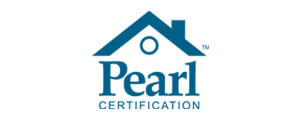Across the United States, more and more people are uncovering the advantages of solar power. Switching to solar is a long-term commitment. You need to pay close attention to various parameters, and it is important to make an informed decision. Here are five factors to consider when you’re thinking of moving to solar:
1. Strength and status of your roof
Before switching to solar, it is essential to check the health of your roof. If it is aged or has some damage that needs repair, it is better to get that done before affixing the solar panels. This way, there would be no dismantling of solar panels required to fix the roof.
Other aspects you’ve to take into account:
- Warranty on the roof vs the warranty on the solar installation you are considering
- Strength of the roof, to understand if it can easily support the weight of solar panels
- A professional audit encompassing evaluation of roof health and additional reinforcements that might be required to ensure a safe installation
2. Warranty on solar panels and other integral components
The warranty offered on solar power systems varies depending on the manufacturer and contractor. Most reliable companies offer a long-term guarantee of 20-25 years. As there are no moving parts, the wear and tear and the subsequent maintenance will be quite low. However, the warranty does cover an assured level of power output (around 80%) throughout the warranty period.
Make sure to check the following:
- What does the warranty cover? Is it for the entire system or the inverter alone? Does it include the quality of workmanship by installers?
- What doesn’t the warranty cover? What happens in the case of improper installation or high wear and tear caused by extreme weather conditions?
- What is the duration of the warranty? The average industry standard is 25 years.
3. Optimization of installation efficiency
The way in which the panels are placed makes a difference in how much energy you can harvest. If you are about to construct a new building, it is a good idea to design it in such a way that the rooftop gets the most sunlight throughout the day. If you already have a home, you could think of minimal shading, thermal insulation, and double glazing.
Before finalizing the location and system capacity, do check:
- If there are provisions to expand the panel applications to new cases in the future, like pool heaters, water heaters, EV charging stations, etc.
- If sufficient arrangements are being made to avoid shade on the panels. Typically, the panels should be as south-facing as possible.
- If the system is compatible with gen-next Artificial Intelligence-based transformers like Neurobotz, to optimize the load curve and maximize the capacity.
4. Local grants, financial incentives, and tax credits in your area
Federal and state government incentives have never been better for renewable energy sources. With a combination of grants and tax credits, you can realize your dream of a solar home at a much lower cost than you’d expect! Do make it a point to check out the financial incentives in your county, across Maryland, Virginia, or Washington DC, to receive considerable Renewable Energy Credits (RECs) in your account.
Here’s a quick snapshot of how RECs work:
- Utility companies are required to generate a fraction of their power through renewable energy.
- You can contribute to this Renewable Portfolio Standard (RPS) by sharing the extra power you produce with your solar installation.
- The company will credit RECs to your account periodically.
5. Provisions for adequate, timely maintenance
Proper and regular maintenance procedures go a long way in maximizing the efficacy of your solar panels. This is an important consideration because poor maintenance can result in inefficient energy storage in the long run. Therefore, do check with your service provider what kind of maintenance activities they can provide.
Depending on the conditions around your area, you can include your concerns around:
- Cleaning the panel surface to take care of dust, bird droppings, or leaves
- Washing the panels, especially in spring and autumn
- Rectifying seasonal problems that might arise with time
Go solar with GreenBrilliance
If you are excited about going solar, GreenBrilliance would be delighted to assist you with the next steps of the process. Click here to Get a Free Evaluation.








